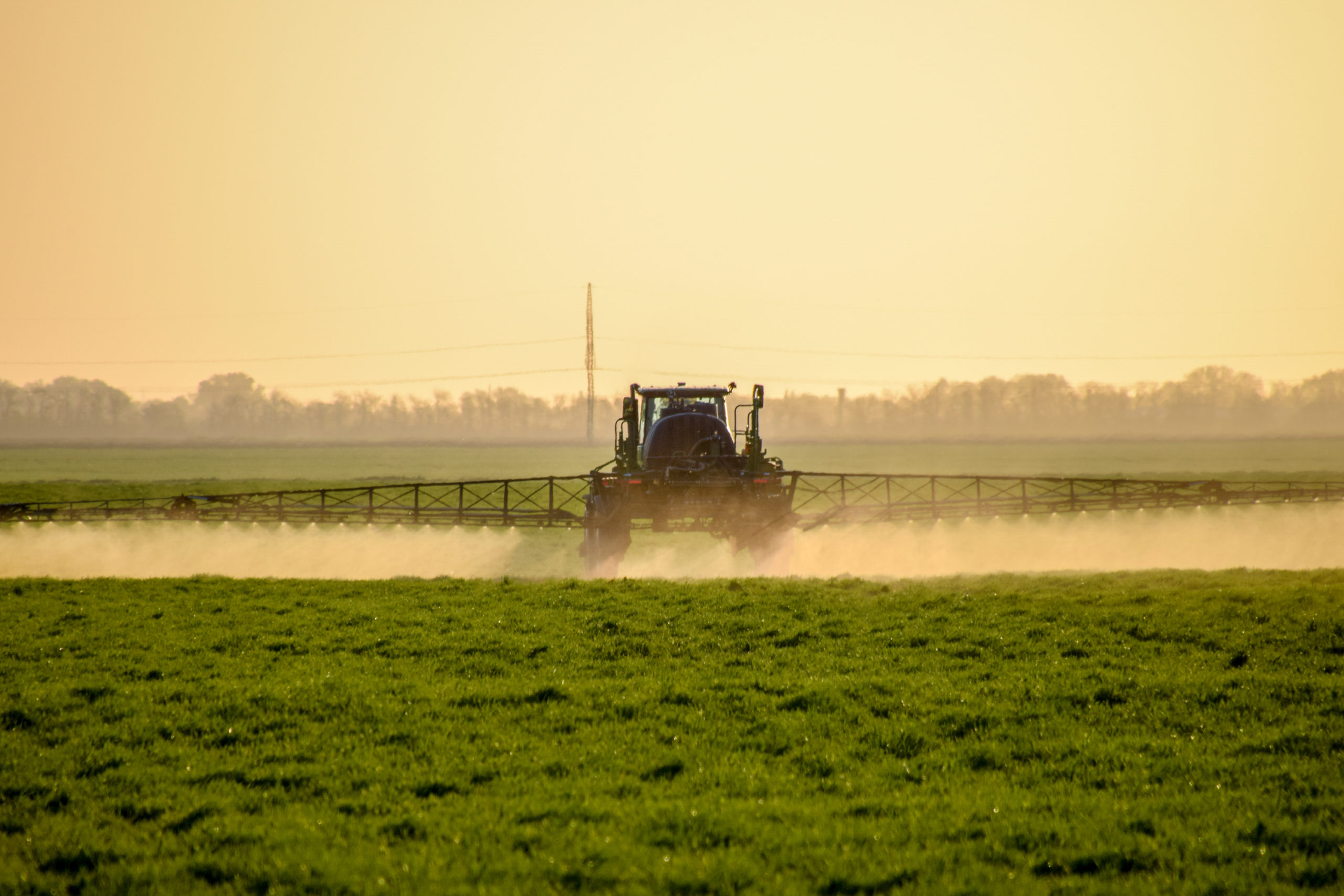With tariffs announced against Brazil and Argentina, and a threat against France, Donald Trump is dragging the world deeper into a damaging trade war. Largely unnoticed, the European Union is also in trouble at the World Trade Organisation for its continuing and worsening record as a protectionist bloc.
Last month, at the WTO meeting in Geneva, India joined a list of countries including Canada, Australia, Argentina, Brazil and Malaysia that have lodged formal complaints against the EU over barriers to agricultural imports. Not only does the EU raise hefty tariffs against crops such as rice and oranges to protect subsidised European farmers; it also uses health and safety rules to block imports. The irony is that these are often dressed up as precautionary measures against health and environmental threats, when in fact they are sometimes preventing Europeans from gaining health and environmental benefits.
The WTO complaints accuse the EU of “unnecessarily and inappropriately” restricting trade through regulatory barriers on pesticide residues that violate international scientific standards and the “principle of evidence”. Worse, they say, “it appears that the EU is unilaterally attempting to impose its own domestic regulatory approach on to its trading partners”, disproportionately harming farmers in the developing nations whose livelihoods depend on agriculture.
The problem is that the EU, unlike the rest of the world, bases its regulations on “hazard”, the possibility that a chemical could conceivably cause, say, cancer, even if only at impossibly high doses. WTO rules by contrast require a full “risk” analysis that takes into account likely exposure. Coffee, apples, pears, lettuce, bread and many other common foods that are part of a healthy diet contain entirely natural molecules that at high enough doses would be carcinogenic. Alcohol, for instance, is a known carcinogen at very high doses, though perfectly safe in moderation. The absurdity of the EU approach can be seen in the fact that if wine were sprayed on vineyards as a pesticide, it would have to be banned under a hazard-based approach.
This is all part of the EU’s insistence on using an especially strong version of the precautionary principle, as required by the Lisbon Treaty. Along with diverging from international scientific standards, this creates an insurmountable bias against new innovations, as anything new presents hypothetical risks, while the hazards of existing technologies are not assessed in the same way. Ironically, the precautionary principle will make it impossible to develop innovative technologies that can promote human health, improve the environment and protect biodiversity. Everything has potential downsides: what should count is the balance between risk and benefit.
Germany plans to phase out the use of glyphosate herbicide by 2023 and the European Commission is moving towards a ban, though not on other more toxic herbicides. This is one of the issues that has brought thousands of German farmers on to the streets in protest. Glyphosate has repeatedly been shown to be less toxic to animals than coffee, even at high doses, let alone at the doses people in practice encounter. This has been confirmed by the European Food Safety Authority and its equivalents in America, Australia and elsewhere.
This problem matters because glyphosate (better known as Roundup) is a valuable tool in conservation, used for protecting habitats from invasive alien weeds. Moreover, throughout the Americas today glyphosate used as part of “minimal tillage” replaces ploughing as a means of controlling weeds. This results in better soil structure, less soil erosion, less damage to soil fauna, fewer greenhouse gas emissions, more carbon storage and better water retention.
By protecting old-fashioned farming practices, such as ploughing, or the use of much more toxic pesticides by organic farmers, such as copper sulphate, the EU is effectively imposing lower environmental standards on its citizens than in some other parts of the world. This makes a mockery of some Remainer claims that leaving the EU will result in a lowering of our environmental standards.
The EU has effectively banned genetically modified crops by requiring impossibly complex, uncertain and lengthy procedures for their approval, and has now ruled that even gene-edited crops (where no “foreign” genetic material is added) must be subject to the same draconian regulations. Crops produced by random bombardment with gamma rays, a less predictable process, are exempt, merely because that is an older technology.
Most maize, cotton and soya bean in the Americas is grown with a gene inserted from a bacterium that kills certain insects but is harmless to humans. It protects the crop against pests but leaves “innocent civilian” insects such as butterflies unharmed. There has been a noticeable improvement in biodiversity in and around such genetically modified crops elsewhere in the world. The greatest irony is that the gene in question, known as Bt, is derived from a bacterium that has been used as an organic pesticide by organic growers for almost a century.
European protectionism does not only discriminate against poor countries, raise costs for domestic consumers and damage the competitiveness of domestic producers. Increasingly it also results in lower environmental standards.
This article was reposted with permission from Rational Optimist.


